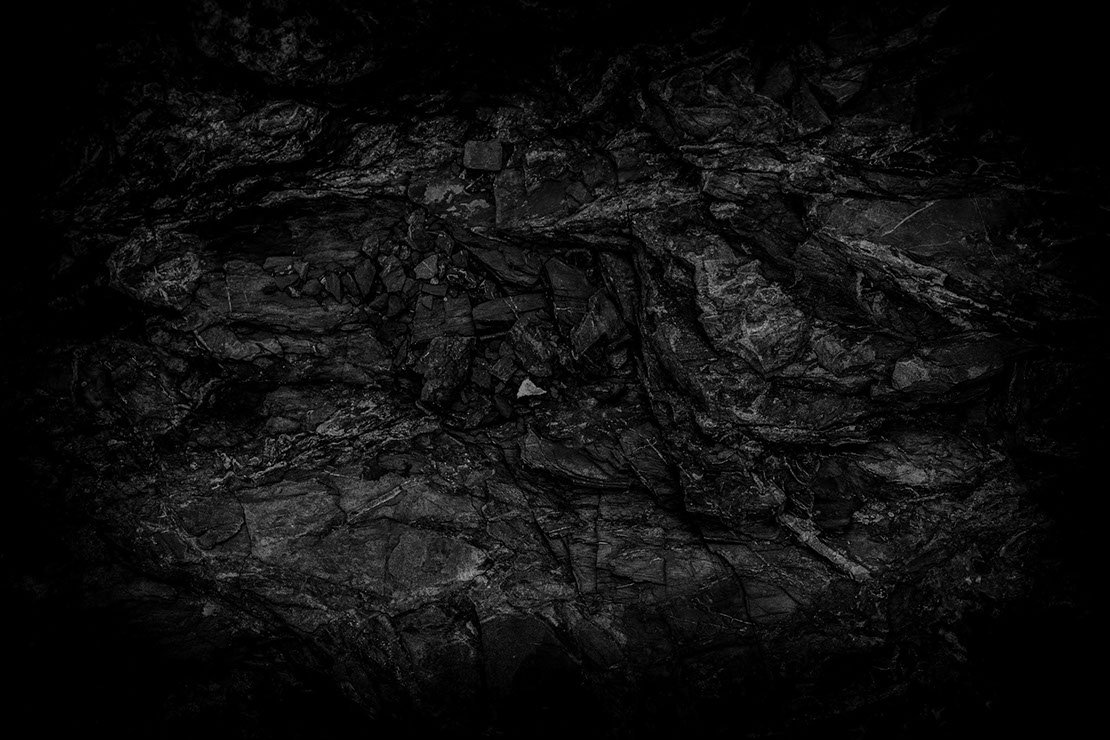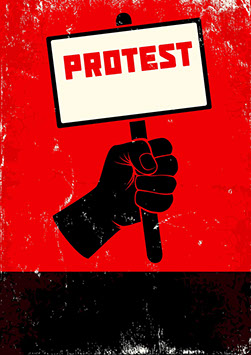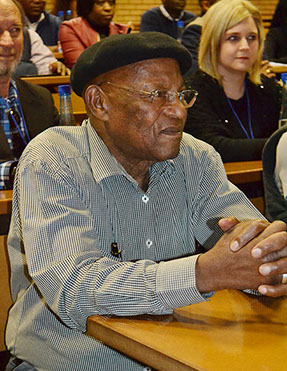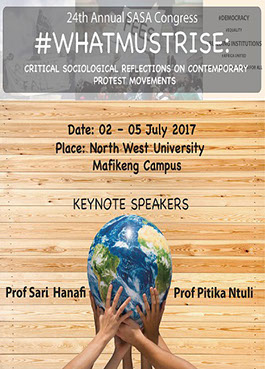
Protest in South Africa has become synonymous with the word “fall”. Taking a different angle, the 24th annual South African Sociological Association (SASA) congress adopted the theme #WhatMustRise.
explores the rise and fall of protest
SASA congress

The congress was held in July 2017 at our campus in Mahikeng, attracting an excellent turnout of local and international delegates.
Rural community activists overlooked
Explaining the theme #WhatMustRise, SASA president Dr Sonwabile Mnwana talked about the forgotten role of the rural community activist who is always excluded in the national discourse on activism.
This is particularly true in South Africa, which has been called “arguably the protest capital of the world”.
Prof Dan Kgwadi, vice-chancellor, delivered the opening address at the congress.
He was accompanied by Prof Lumkile Lalendle, the executive director responsible for student life, and Prof Marilyn Setlalentoa, the executive dean of the Faculty of Humanities.
Decoloniality in the spotlight
Delivering the first of two keynote addresses at the congress was well-known academic and artist Prof Pitika Ntuli. The title of his address was “#ThingsMustFall – the Decoloniality Option”.
“While #FeesMustFall can be viewed within a continuum of the anti-apartheid and post-apartheid struggle, this protest movement has brought challenging new dimensions to the repertoires of contention,” Prof Pitika said.
“This ranges from experimentation with participatory democracy to centering demands for intersectionality, which begs the question whether we have really critically assessed the nature of protest movements in South Africa.”
An acclaimed academic, Zulumathabo Zulu, was the second keynote speaker at the conference gala dinner. His talk was titled “Decolonisation: Taxonomy, Epistemology and Technology Underpinnings”.


Prof Pitika Ntuli was one of the guest speakers at the SASA Conference.
